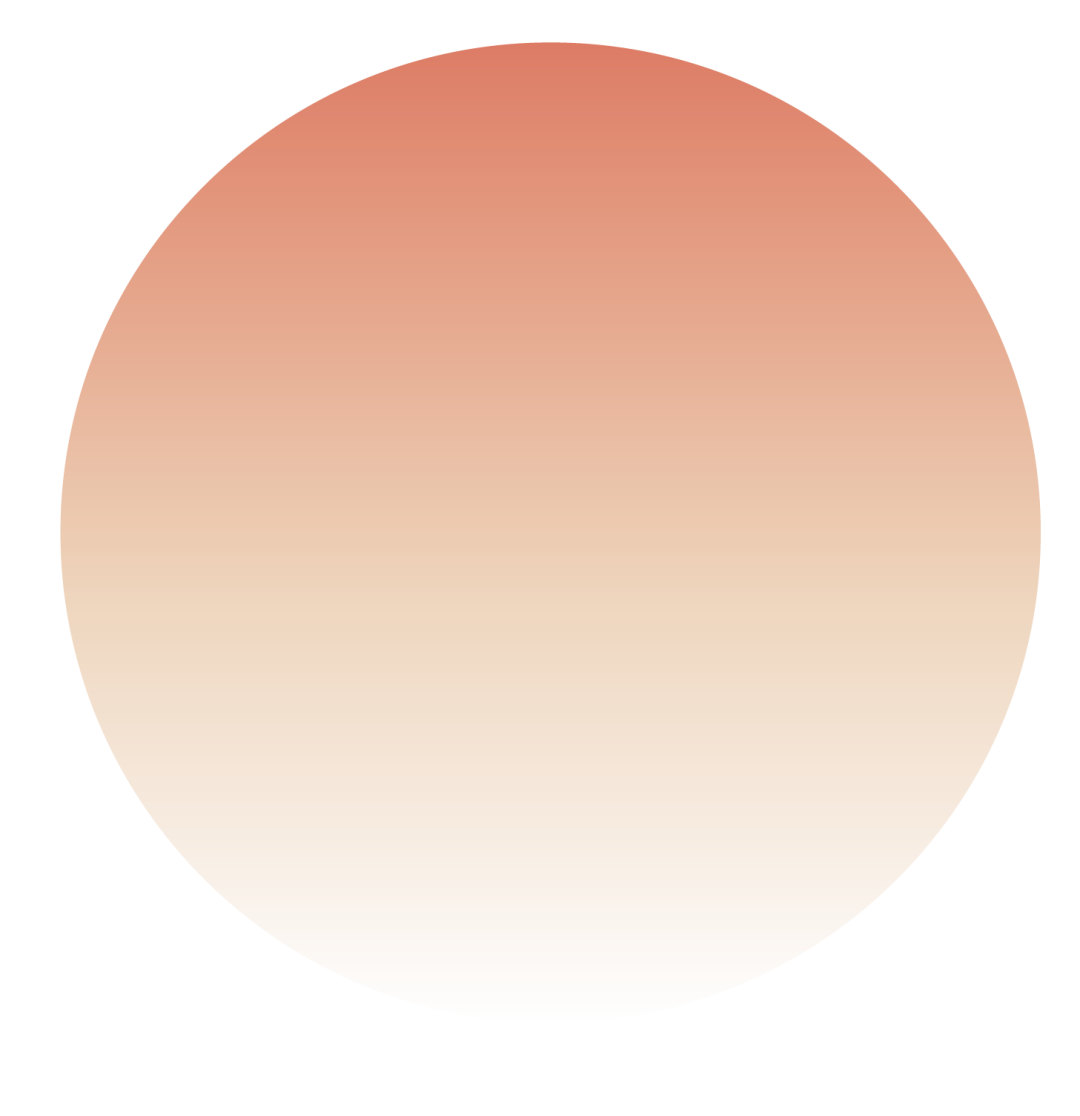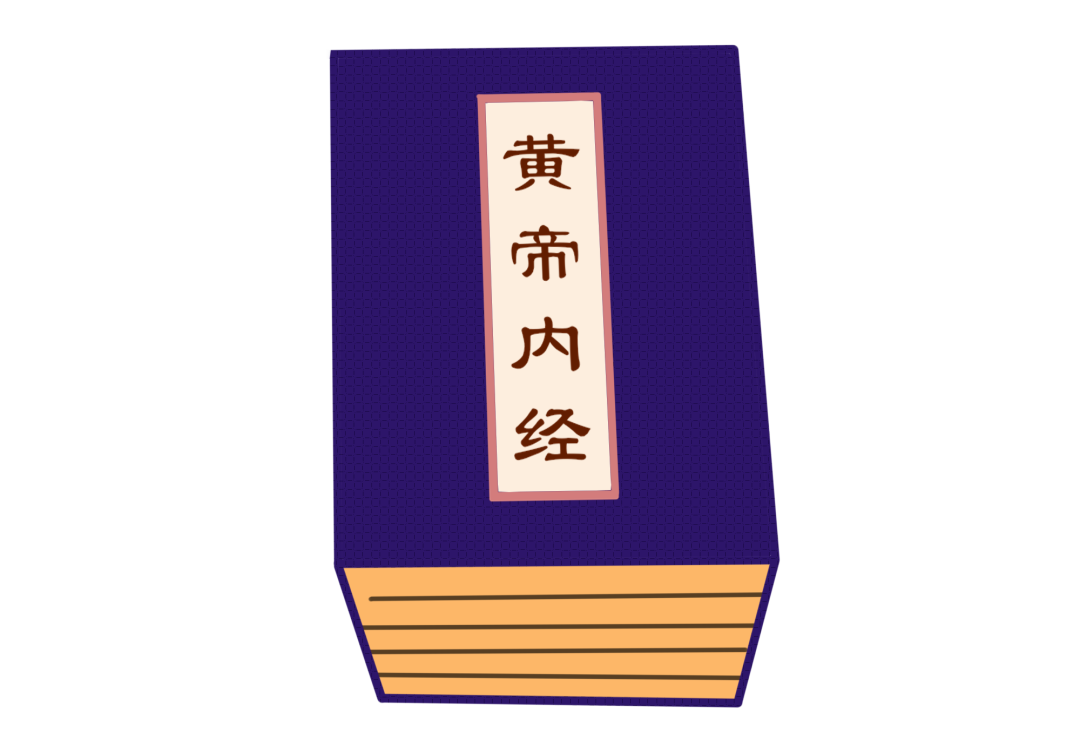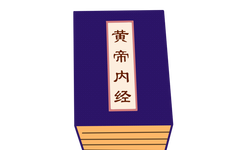
What is the Concept of Emotions in Traditional Chinese Medicine?
Seven
Emotions
Five
Aspirations
Emotions (情志, qing zhi) is a term in Traditional Chinese Medicine (TCM) that refers to the “Seven Emotions and Five Aspirations”. The seven emotions include joy, anger, worry, thought, sadness, fear, and shock. These emotions are closely related to the functional activities of the internal organs, with the five main emotions (joy, anger, thought, sadness, fear) representing the “Five Aspirations” (五志, wu zhi). This concept reflects the human experience of evaluating external stimuli in relation to personal needs, serving as a comprehensive reflection of the body’s instincts.
Emotions
Health
 In the “Huangdi Neijing” (黄帝内经), it is stated that the primary causes of illness are external pathogens and internal emotional disturbances. Research indicates that chapters discussing emotions (psychology) in the “Huangdi Neijing” account for 20% of the text, while those related to emotional content and thoughts reach as high as 80%. TCM emphasizes the close relationship between physiological and psychological aspects in discussions of health and disease.
In the “Huangdi Neijing” (黄帝内经), it is stated that the primary causes of illness are external pathogens and internal emotional disturbances. Research indicates that chapters discussing emotions (psychology) in the “Huangdi Neijing” account for 20% of the text, while those related to emotional content and thoughts reach as high as 80%. TCM emphasizes the close relationship between physiological and psychological aspects in discussions of health and disease.
Emotions
Manifest

Based on this, TCM believes that the generation of emotions is rooted in the essence and qi (精气, jing qi) of the five organs, reflecting the functional activities of these organs. Ancient Chinese scholars recognized that different emotions correspond to different organs: anger harms the liver, joy affects the heart, worry impacts the spleen, sadness affects the lungs, and fear harms the kidneys. Furthermore, observations of the body’s qi revealed that emotions directly influence the flow of qi: anger causes qi to rise, joy relaxes qi, sadness disperses qi, fear lowers qi, shock disrupts qi, overwork depletes qi, and excessive thinking leads to qi stagnation.
Emotions
Impact

These valuable insights provide a solid theoretical foundation and guidance for clinical practice and health maintenance in TCM. You can understand that “emotions” is a special term in TCM that corresponds to the modern concept of “emotions”, but it encompasses more than just emotions. Compared to modern psychology, the TCM concept of “emotions” is more clinically applicable: it emphasizes not only the external stimuli that generate emotions (environment) but also the internal changes in organ function and qi-blood status that influence emotions (constitution), as well as the impact of emotional changes on organ function and qi-blood (emotional pathology).
To be continued


